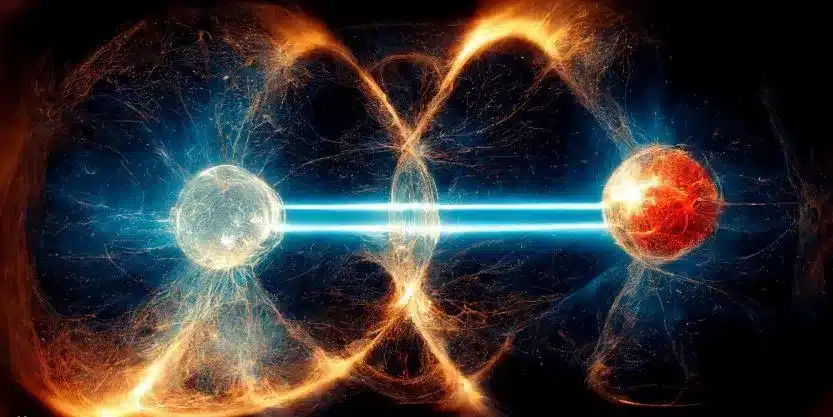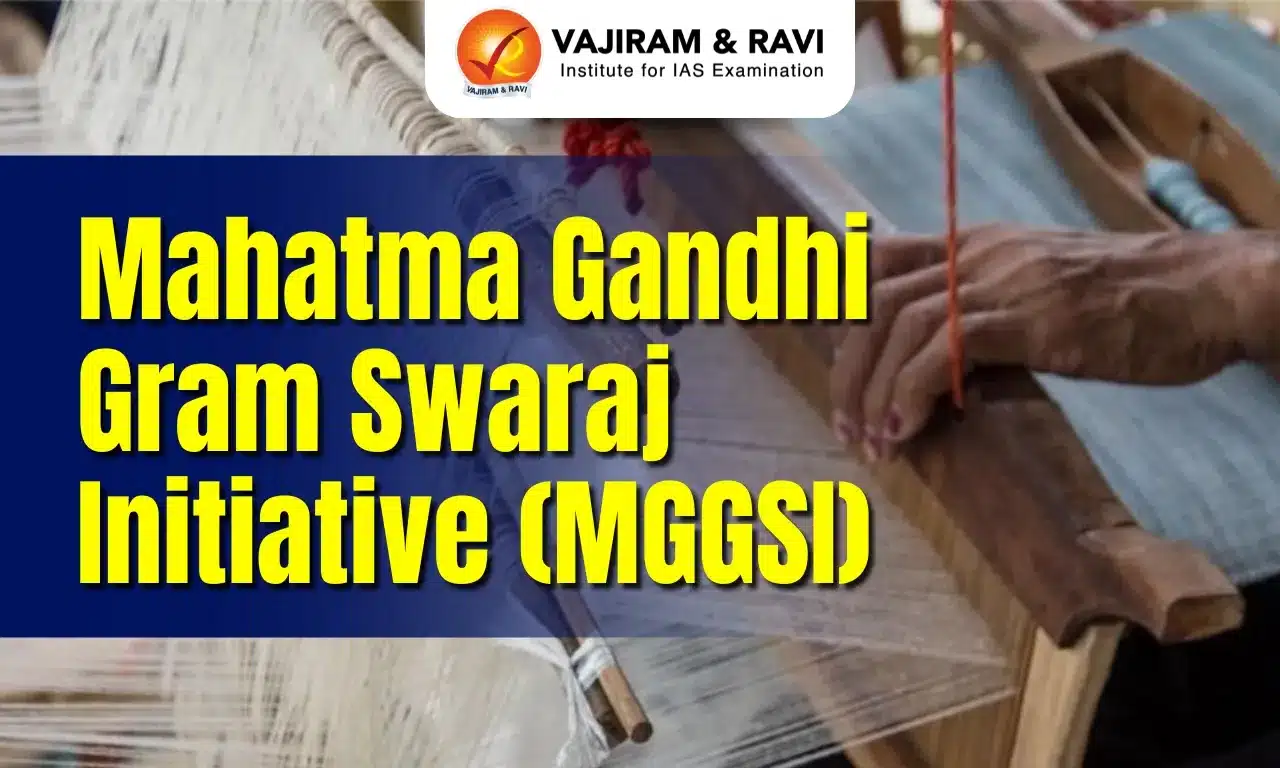About Quantum Nonlocality:
- While classical physics assumes locality, the principle of nonlocality is a feature of many interpretations of quantum mechanics.
- Nonlocality describes the apparent ability of objects to instantaneously know abouteach other’s state, even when separated by large distances (potentially even billions of light years), almost as if the universe at large instantaneously arranges its particles in anticipation of future events.
- Thus, in the quantum world, despitewhat Einsteinhad established about the speed of light being the maximum speed for anything in the universe, instantaneous action or transfer of information does appear to be possible.
- This is in direct contravention of the “principle of locality” (or what Einstein called the “principle of local action”), the ideathat distant objects cannot have direct influence on one another, and that an object is directly influenced only by its immediate surroundings, an idea on which almost all of physics is predicated.
- Nonlocalityoccurs due to the phenomenon of entanglement, whereby particles that interact with each otherbecome permanently correlated, or dependent on each other’s states and properties, to the extent that they effectively lose their individuality and, in many ways, behave as a single entity.
- Nonlocality suggests that the “separate” parts of the universe are actually potentially connected in an intimate and immediate way.
Q1: What are the methods to create Entanglement?
There are several methods such as the Special crystals method, Cooling of the particles method, Nuclear decay and Splitting of an individual photon.Quantum entanglement works on a quantum principle where the quantum state of atomic or subatomic particles are linked in such a way that action performed on one particle will affect another particle separated in space and time.
Last updated on January, 2026
→ Check out the latest UPSC Syllabus 2026 here.
→ Join Vajiram & Ravi’s Interview Guidance Programme for expert help to crack your final UPSC stage.
→ UPSC Mains Result 2025 is now out.
→ UPSC Notification 2026 Postponed for CSE & IFS which was scheduled to be released on 14 January 2026.
→ UPSC Calendar 2026 has been released.
→ UPSC Prelims 2026 will be conducted on 24th May, 2026 & UPSC Mains 2026 will be conducted on 21st August 2026.
→ The UPSC Selection Process is of 3 stages-Prelims, Mains and Interview.
→ Prepare effectively with Vajiram & Ravi’s UPSC Prelims Test Series 2026 featuring full-length mock tests, detailed solutions, and performance analysis.
→ Enroll in Vajiram & Ravi’s UPSC Mains Test Series 2026 for structured answer writing practice, expert evaluation, and exam-oriented feedback.
→ Join Vajiram & Ravi’s Best UPSC Mentorship Program for personalized guidance, strategy planning, and one-to-one support from experienced mentors.
→ UPSC Result 2024 is released with latest UPSC Marksheet 2024. Check Now!
→ UPSC Toppers List 2024 is released now. Shakti Dubey is UPSC AIR 1 2024 Topper.
→ Also check Best UPSC Coaching in India

















